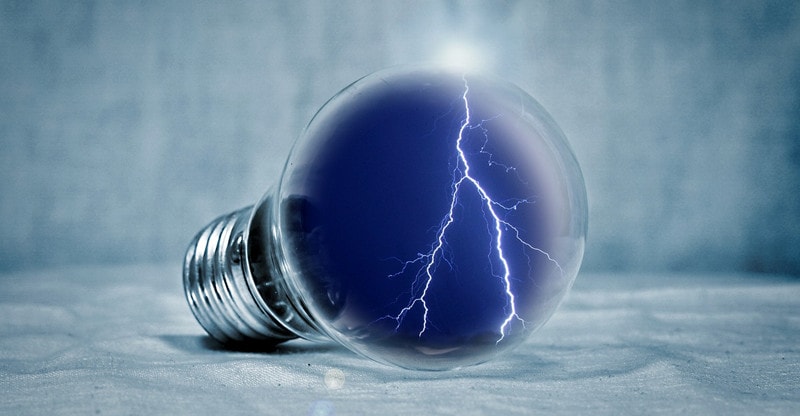6 Reasons Why You Need a Back Up Generator for Your Business
Let’s face it — It’s not the first thing people consider when setting up an organisation. Surely the building and employees are more important?
Why have a backup generator? We need to face the facts: We live in a day of incredible technological advancement. As more and more technologies are harnessed to our businesses, we have become more and more dependent on power to run them. The national grid has massive demands placed upon it as populations and infrastructures increase.
Power outages can occur when there are adverse weather conditions including extreme heat or some other type of disaster. All it takes is for a tree to fall on an electric line for there to be adverse implications. Here are six reasons why your company needs a generator too.
1. Total Control
The internet can certainly help if a company is considering having a backup generator for its business. If you visit this site you’ll see the experts explain that these generators can operate automatically when there is a power cut – no manual intervention is required. Technology has so advanced that businesses can monitor everything from a computer, tablet or even a mobile phone.
2. The Essentials
Medical equipment poses risks to human life when it is faulty or inoperational. An employee may keep their insulin or other medication in the staff fridge. People don’t want to be stuck in a lift. The list surely goes on.
Fortunately, backup generators work immediately, to provide a long term source of alternative power.
3. Security
Without its security system running, there is nothing to stop a business being burgled or looted. Electric locks may now be out of action. The cameras and alarms will be off, and items will be free for the taking. No one will know who the culprits are.
Security is not just about protecting the premises, but human life. When there is a power outage, a layer of protection is removed unexpectedly, and the staff becomes vulnerable.
4. The Cost
The cost to a company can be massive if data is lost in a single moment. Some equipment will not survive the power loss and will need replacing. That can end up in millions of pounds. It’s surely a false economy to ignore this factor.
Solar generators are expensive initially, but there are no ongoing fuel bills to operate them. When considering such a purchase, this is certainly relevant for planning and budgeting long term.
5. Continuity
The phrase ‘paperless office’ has become prevalent because so much information is stored online. But what happens when there’s no electricity? These things are central to any Disaster Recovery policy drawn up by a business. It’s demanding enough running a business from day to day, without having a power outage to stop everything and cost the company.
Imagine the situation: there’s a sudden power loss in the building, but seconds later everything is back up and running as if nothing has happened. Customers can continue to come to the building. Employees can stay at their computers. The wifi can still be accessed and phone calls and emails are received and responded to. The air conditioning continues to do its job too.
It may take hours or even days for normal power to be restored, so no one will be regretting the backup generator at this moment.
6. Portability
There are two types of generators, fixed or portable. The latter is less powerful but can be perfect for small businesses or outdoor use. There could be an outside social work event needing microphones or music.
Alternatively, a building site might require power to function at some level. If there is an office move from one building to another, portability is a real plus, as the generator will not be fixed into the old building, or expensive to move.
To summarise, power outages are never beyond the realms of possibility. Businesses are increasingly dependent on power to run their businesses.
They can now take control over the unexpected with automated generators and handheld monitoring. Human life, expensive equipment, and property can be kept safe. Money and assets can be protected from damage and replacement. Organisations can continue to run as if nothing has happened, and the power may even be accessed on a portable basis.
Whilst such equipment is costly, it can be seen as a vital investment when compared to the loss of human life and physical damage. When power is lost, there is a mere gap of around ten seconds before the backup sets in. Compared to waiting hours or days for it to come back, that’s amazing. We need to protect our technology, and technology will help us do it.



